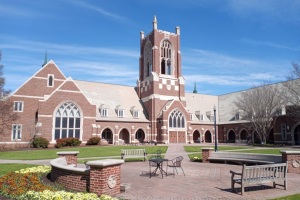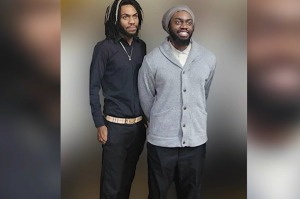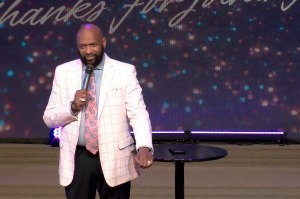Ex-Muslim Reveals Lies She Was Taught in Turkish School About Christians and Muhammad
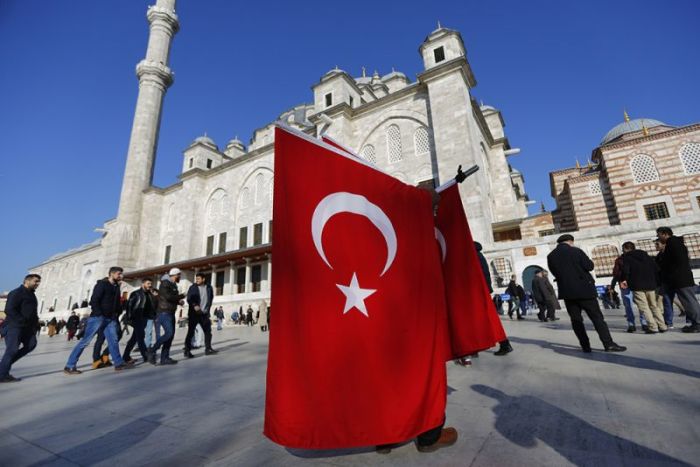
A former Muslim, who renounced her faith as a young girl in Turkey and later accepted Jesus as her savior after living for years as an atheist, has opened up about her spiritual journey and also revealed the things she was taught and wasn't taught about Christians and the Muslim prophet as a kid.
The woman, who goes only by the pseudonym of "Derya Little" and now resides in the United States, detailed her life story and how she went from being a Muslim to an atheist, to a Protestant and finally to becoming a Catholic in her book From Islam to Christ: One Woman's Path Through the Riddles of God.
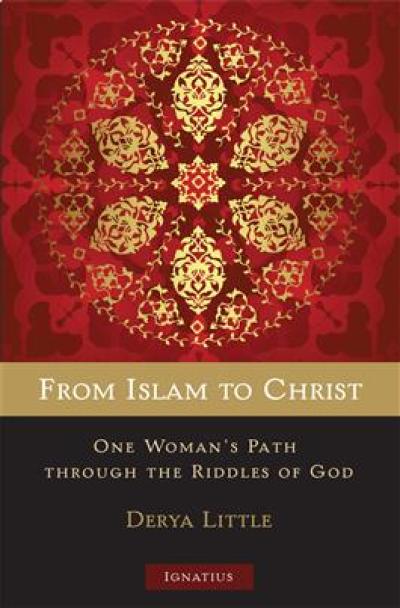
In an interview with The Christian Post, Little explained that she began to lose faith in Islam when she was between the ages of 11 and 12 in the early 1990s while growing up in the town of Konya in the predominantly Muslim country.
"It was because of my parents' divorce. It kind of turned my whole world upside down. I didn't know anybody who had a divorce. I felt like an outsider. It also made me doubt what else they lied to me about. If they lie to me about their love, did they also lie to me about their faith?" Little said. "When they got a divorce, to find consolation, I turned to Allah and decided to pray more and recite the Quran. Every night when I tried to do that, it felt like there was nobody listening on the other side."
It was that combination of the divorce and the "feeling of darkness" when Little prayed that, she said, led her to question her belief in Islam and read about the life of Islam's prophet, Muhammad, with a "critical eye."
"Upon until the time I decided to read it for myself, we were taught that he was just a merciful man and never raged a war of aggression," Little, who has a Ph.D. in politics from Durham University in England, said. "He is portrayed as an ideal man for all Muslims and that we all had to emulate him."
One thing that took Little by surprise as a child reading about Muhammad was how women were treated under his rule.
"I grew up in a Muslim country and I could see that there was this injustice or inequality between the sexes. It's always bothered me a little bit. But I hadn't thought much about it," Little explained. "When I read Muhammad's life and the way that women were treated, it was much, much worse."
In her book, Little wrote about how Muhammad married a young child when she was six years old and took her virginity at age nine, when he was 52 years old.
"[I]n the Sunnah Aisha recounts the day she was taken to his bed chamber, a day she had to leave her friends behind while they played on the wing and the teeter-totter," Little wrote. "I felt sick as I read the account of Aisha. I thought about my sweet little neighbor who was almost nine and pictured her being married to a middle-aged man."
"Islamist theologians have reasoned that since a girl of nine could cause lust in a man, nine years old must be a marriageable age," she added.
"Hence the child brides in Muslim countries. To this day, this abhorrent practice steals the childhood of many girls and it was started and sanctioned by Muhammad."
In addition to Muhammad's legitimization of pedophilia, polygamy and domestic rape, Little was also turned off by the "prevalence of violence" in Muhammad's life, she told CP.
"You read about the accounts in the Hadith about these wars and you realize that is not a defensive war," she said of Muhammad's military conquests. "You went to this city to attack the city and they didn't do anything to deserve it or provoke it."
Little said in the interview that she soon realized that most of the trouble and injustice that is common in her society were as a result of Muhammad.
In her book, she pointed out that children growing up in Turkish elementary, middle and high schools were taught a history of Islam that provides a much rosier outlook on Muhammad's life.
"Textbooks chronicle the conquests of Muhammad and those of Islamic countries," she wrote. "They claim that the holy prophet was trying to save stubborn and sinful people by bringing them under the rule of Islam, the only true religion."
She stated that the textbooks painted Islam's expansion as being "good not only for the new territories that 'willingly' came under its rule, but also for Muhammad and for the glory of Allah."
Little doesn't recall ever questioning as a child the manner in which the people agreed to come under Islamic rule.
"Since there was no mention of bloody conquests or forced conversions, we assumed in our childhood innocence that all went smoothly as people joined the Islamic ranks with chants of bliss," she wrote.
After reading the works of Turan Dursun, a shia cleric who became an atheist, Little was presented with a reality of the inhumane ways women are treated in a more conservative Muslim country. She wrote that her eyes became "more open to the story that was hidden between the carefully manipulated lines of my textbooks."
It took Little about 10 years after renouncing Islam to finally accept Christ as her Lord and Savior at the age of 22.
She explained in her book that even though she no longer had faith in Islam, her opinion of Christians was very low because of the things she and others were taught to believe about Christians in a Muslim society.
"An anti-Christian attitude is a big part of the national identity, so anyone or anything that promotes Christianity is automatically suspicious," she said. "Also, as is the case in many Muslim countries, the Crusades have often been distorted in order to convince Muslims that Christians want to destroy them and obliterate Islam."
Little stated that in her middle school and high school textbooks, "the Crusades are presented as the Catholic Church's efforts to dominate the Orthodox Church and Islam in the Holy Land."
Students were taught that the Crusades were "wars of aggression, not defense" and the textbooks didn't explain that the Crusades came after Jerusalem fell under Islamic rule.
Her textbooks just taught that "it was the Christians who wanted to plunder the lands and the riches of the Muslim world" and all the Turks did was "defend what was rightfully theirs."
"No longer a naive young student, I know that reality is slightly different from what was written in my Turkish history books," she said.
Little stated that many in Turkish society are prejudiced against Christians and Christianity because of a repeated false narrative.
"Everything is used to make the Christians look like villains," Little told CP. "It's the same all through Muslim countries."
It wasn't until her junior year of college that she officially became a Christian.
Her faith is thanks in part to a friend, a missionary from the United States who Little taught Turkish to earn some money while in school. They would often debate about religion and Little would always go back home and work to refute her answers.
Little, who had two abortions in her life before accepting Christ, said that the missionary — who she refers to as Therese in the book — was the first pro-life person she had ever met.
"I tried to enlighten her and show her that she should not believe in such fairy tales like God and Jesus. I wanted to. I was a missionary for atheism," Little told CP. "She was more than willing to talk to me about that. We talked about God and Jesus and everything in between."
"At the end of three years there, she did three major things for me. She made me realize that if there is actually a God, he would be beyond the scope of science. It's not science's job to prove the truth of God's existence. The second thing was she showed me a different God. All I knew was Allah. Allah is inconsistent. A sin is a sin because Allah said so, not because it is not good for us. He can forgive our sins. So there is no need for Christ in Islam."
Although Muhammad turned Little away from religion as a young girl, she explained that her missionary friend also showed her through years of patience and dialogue that "the creator of the universe is rational, loving and pure."

















